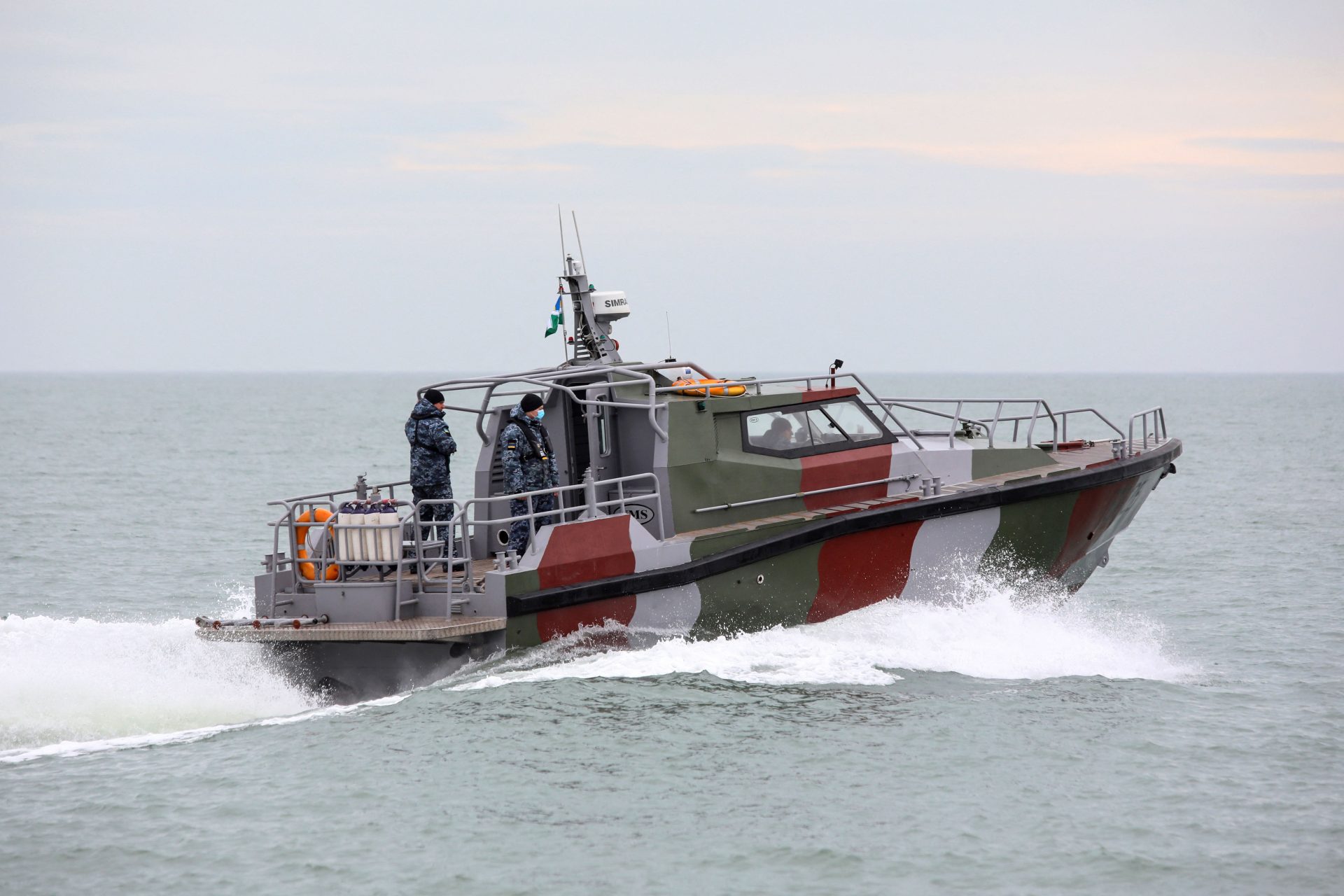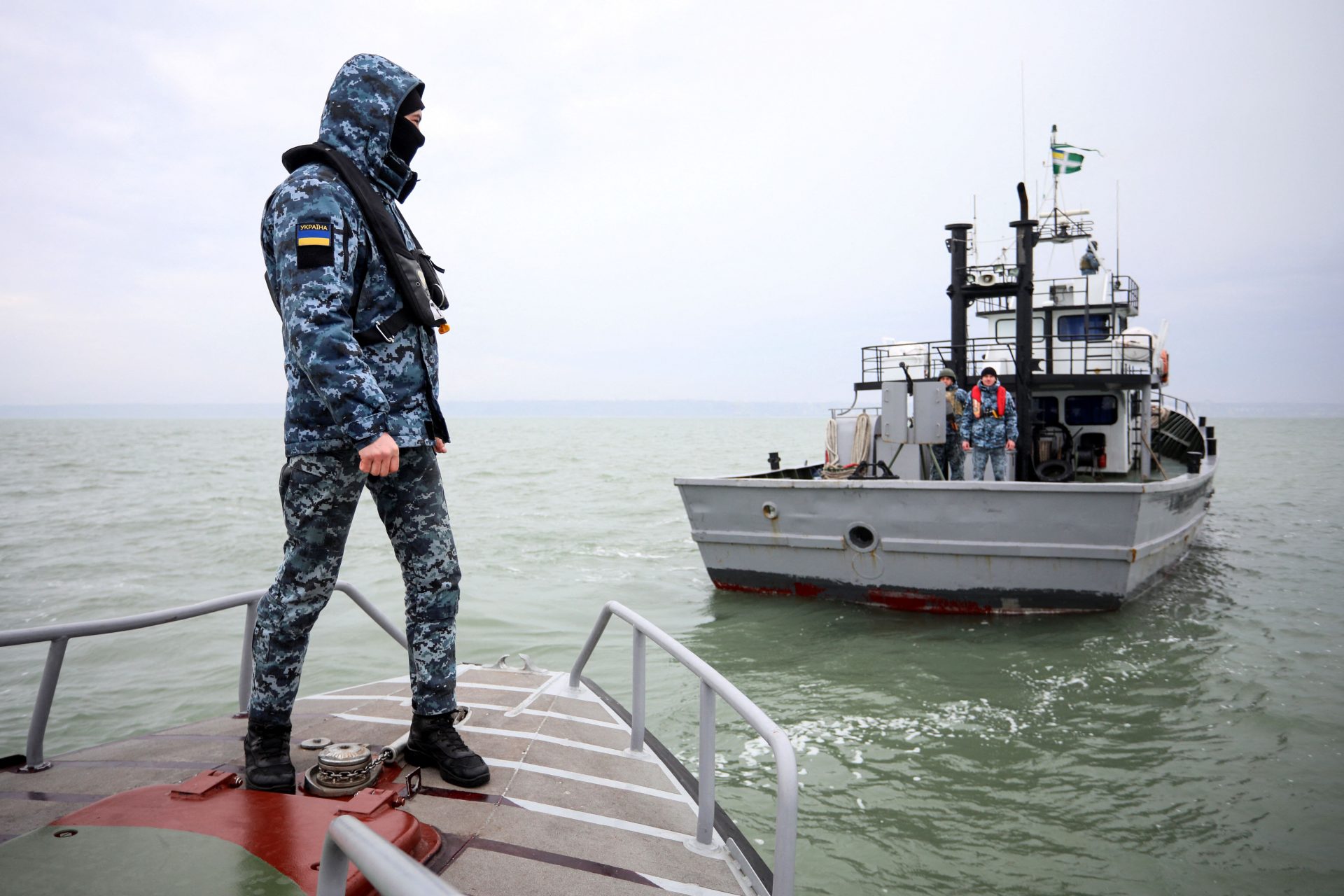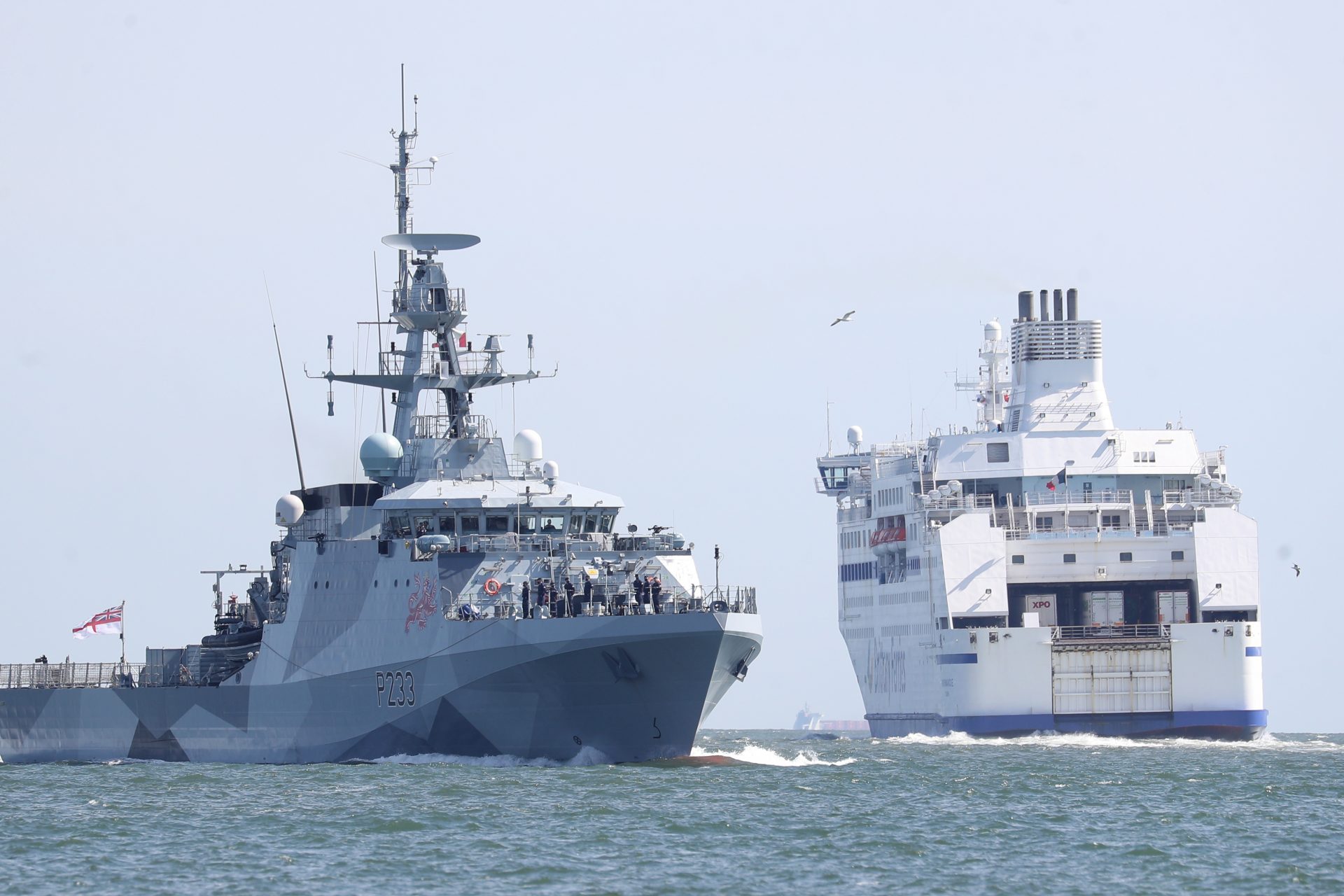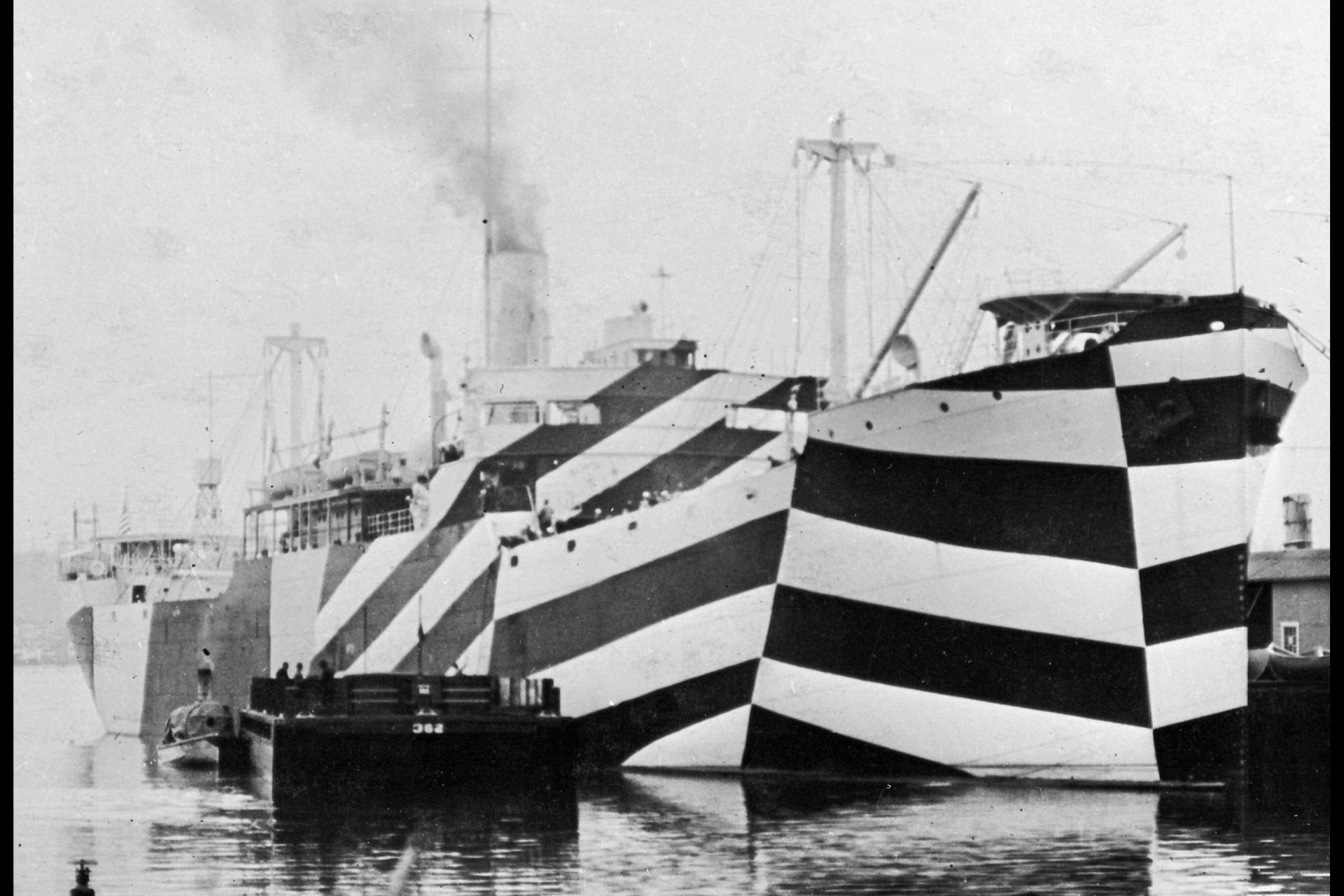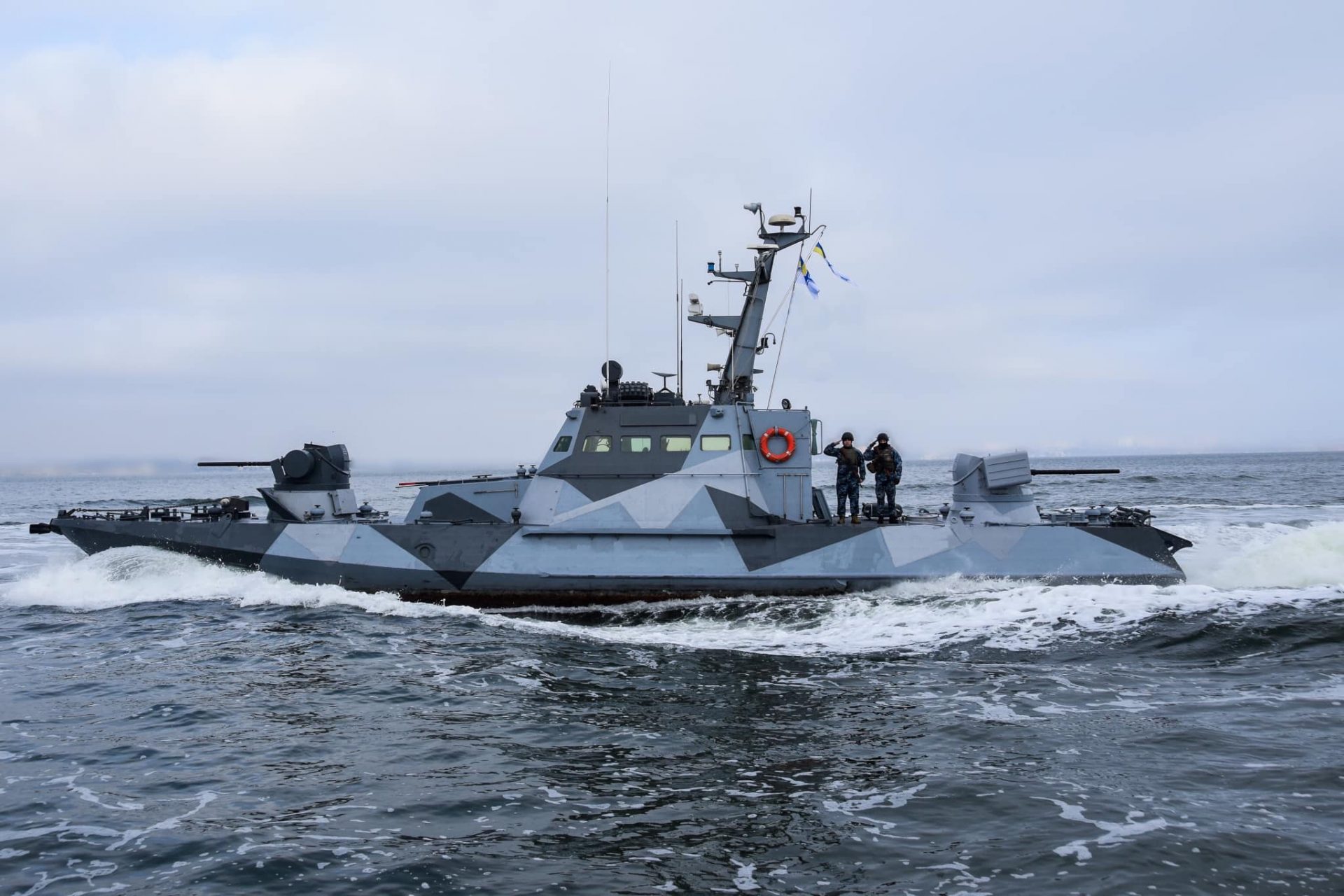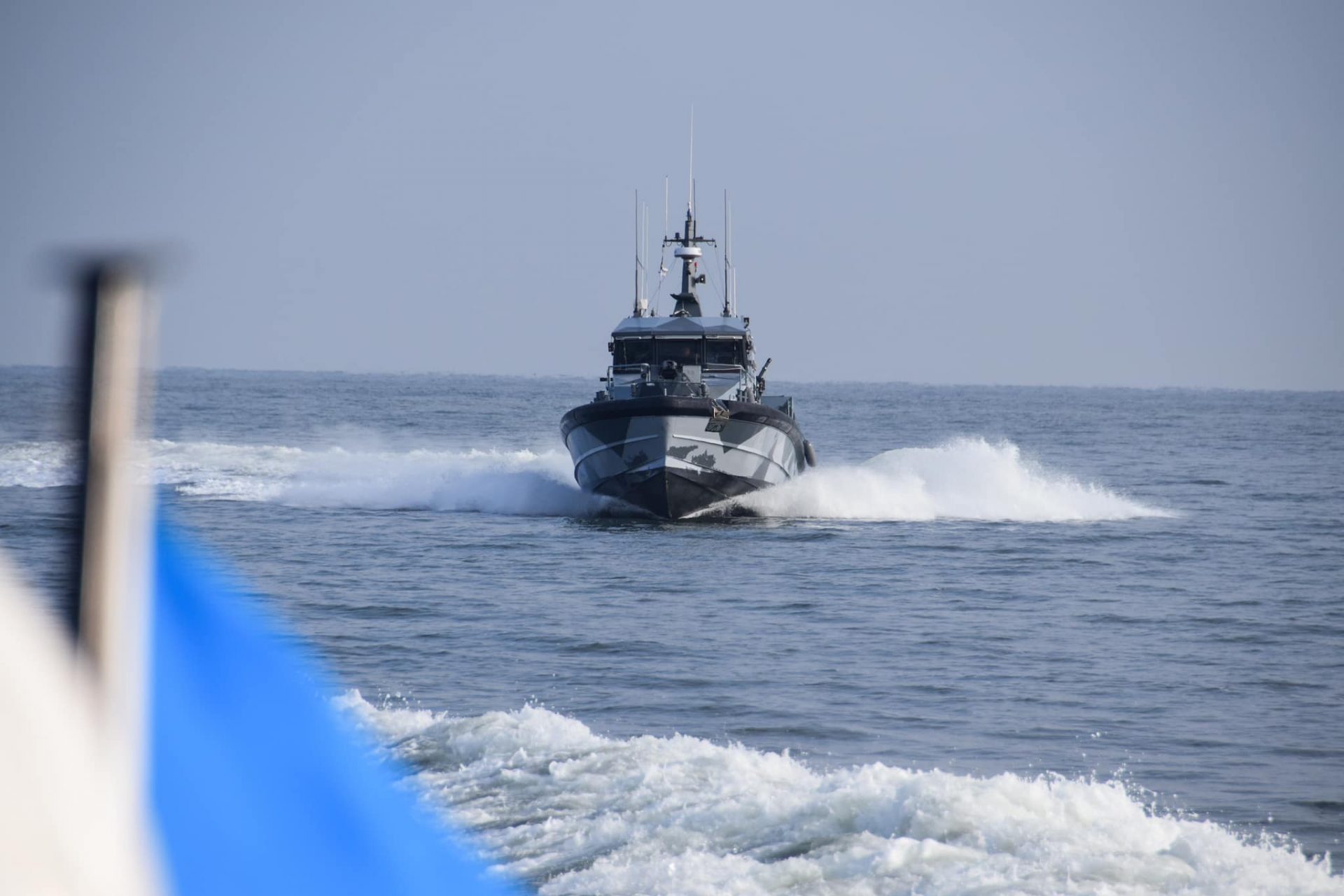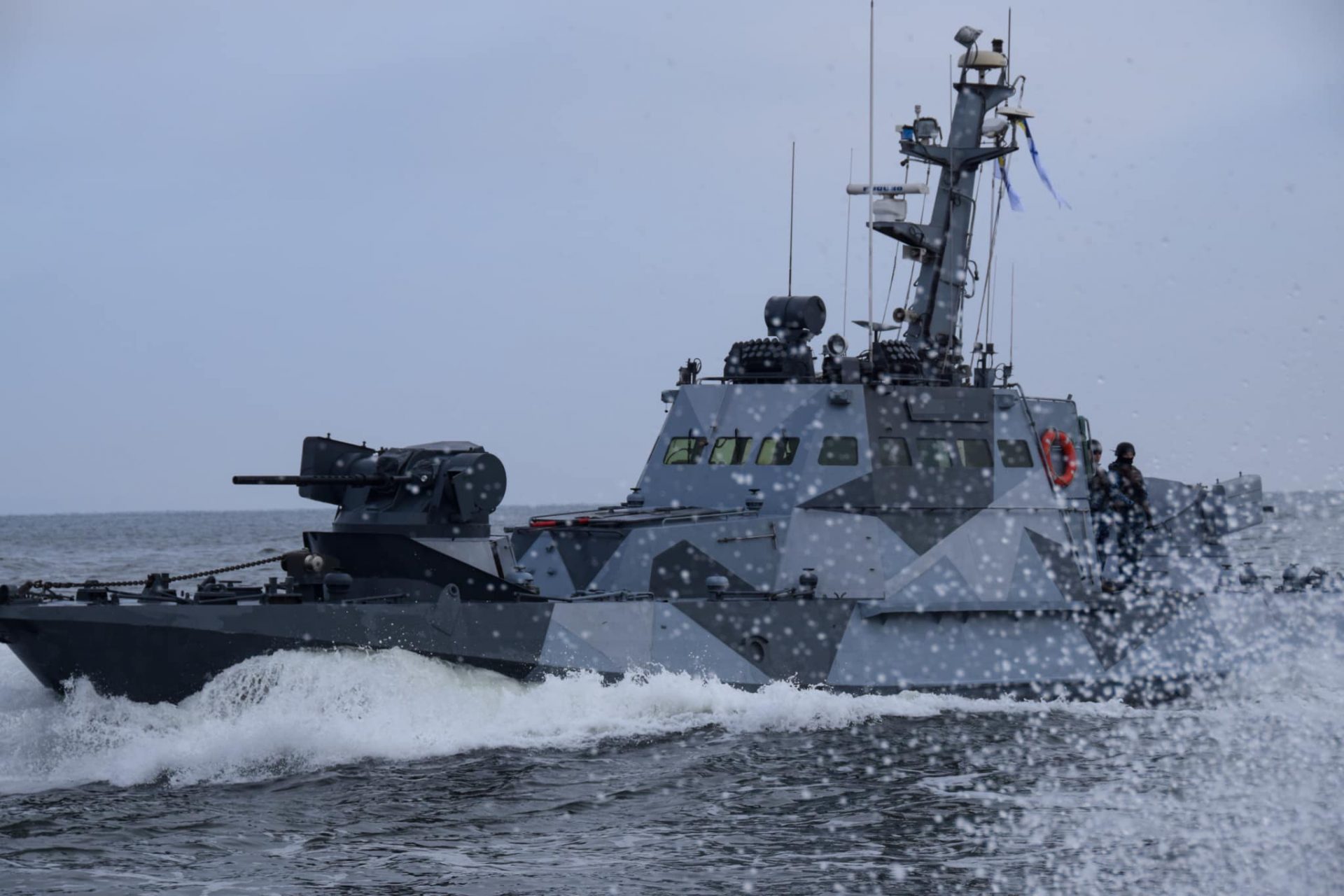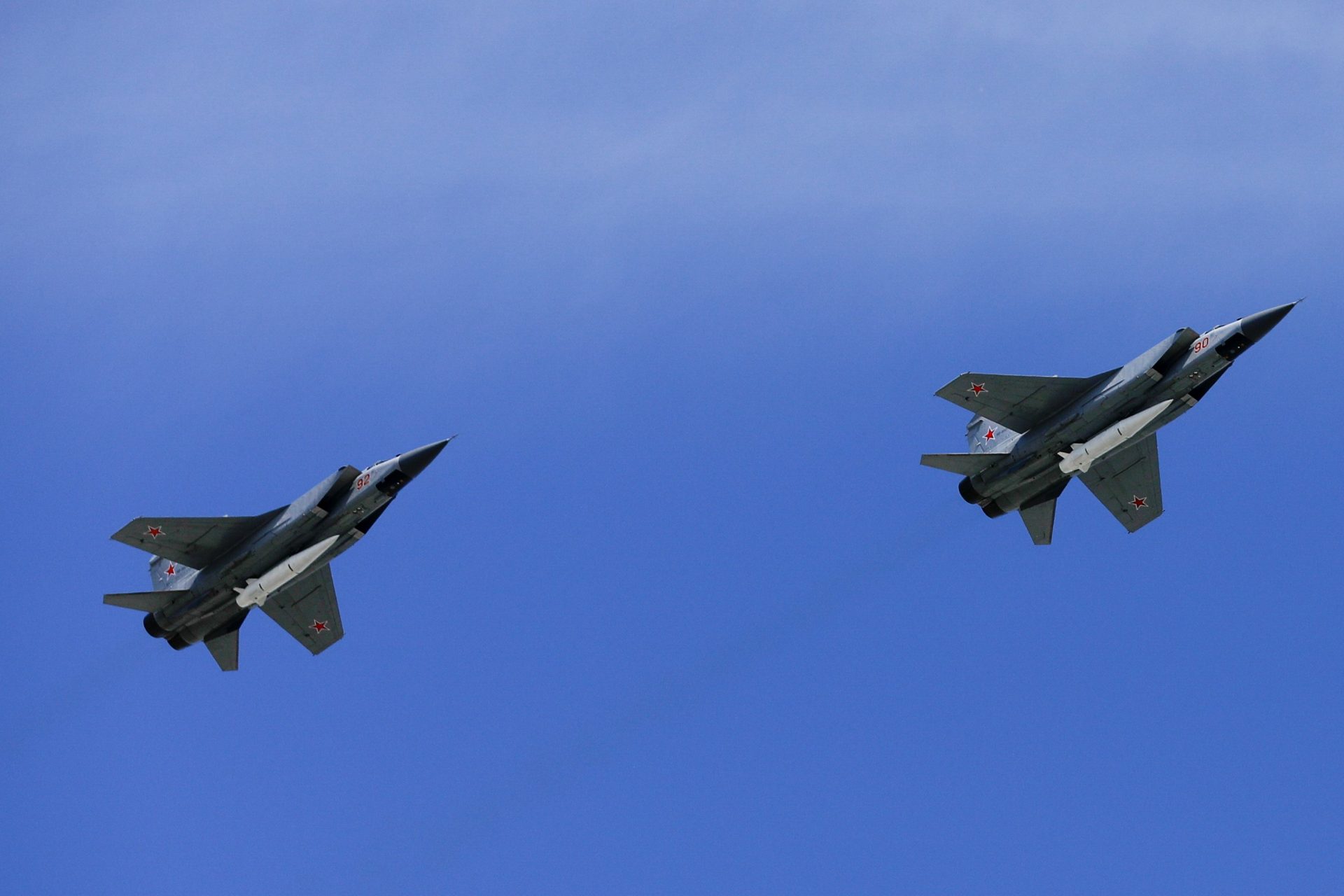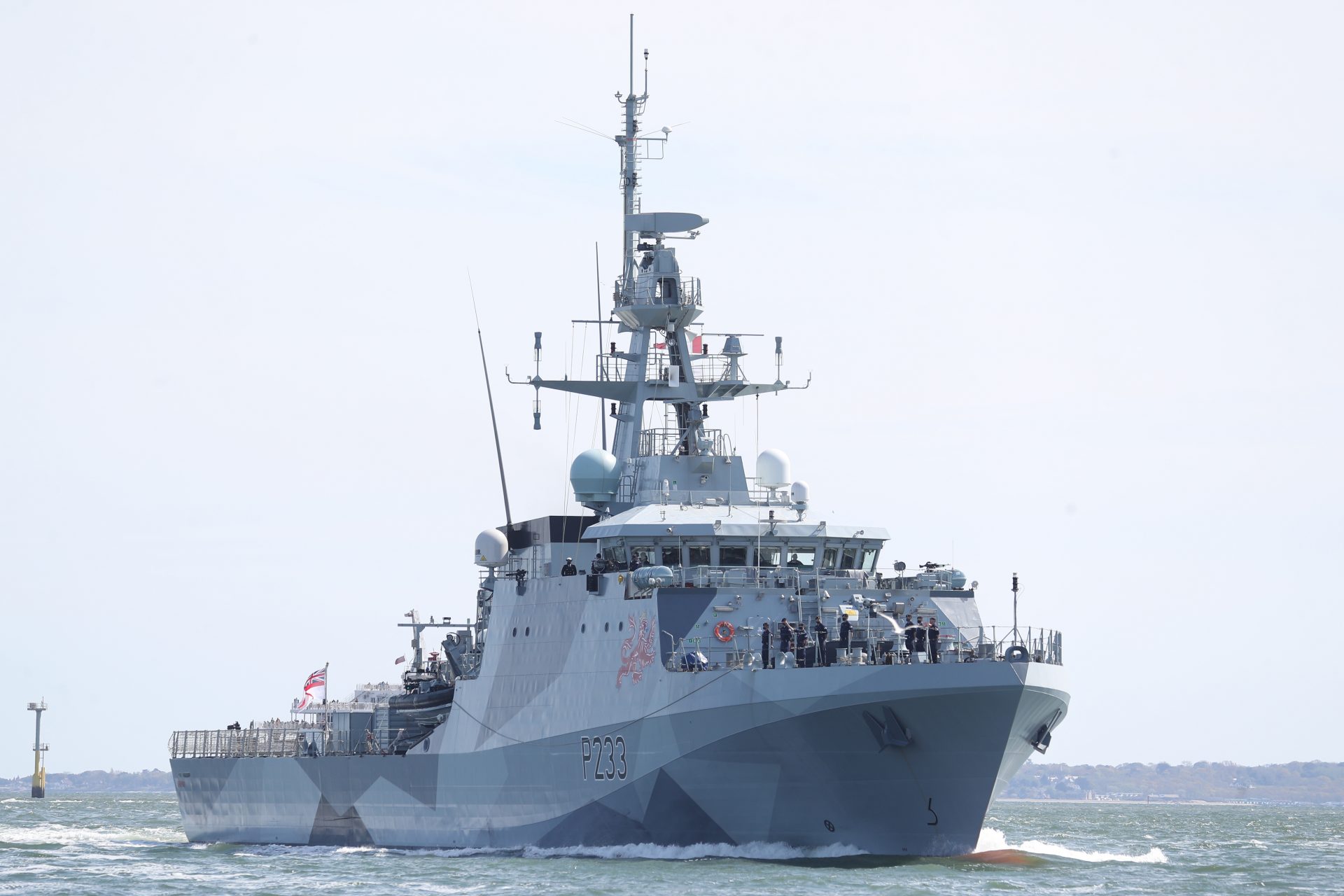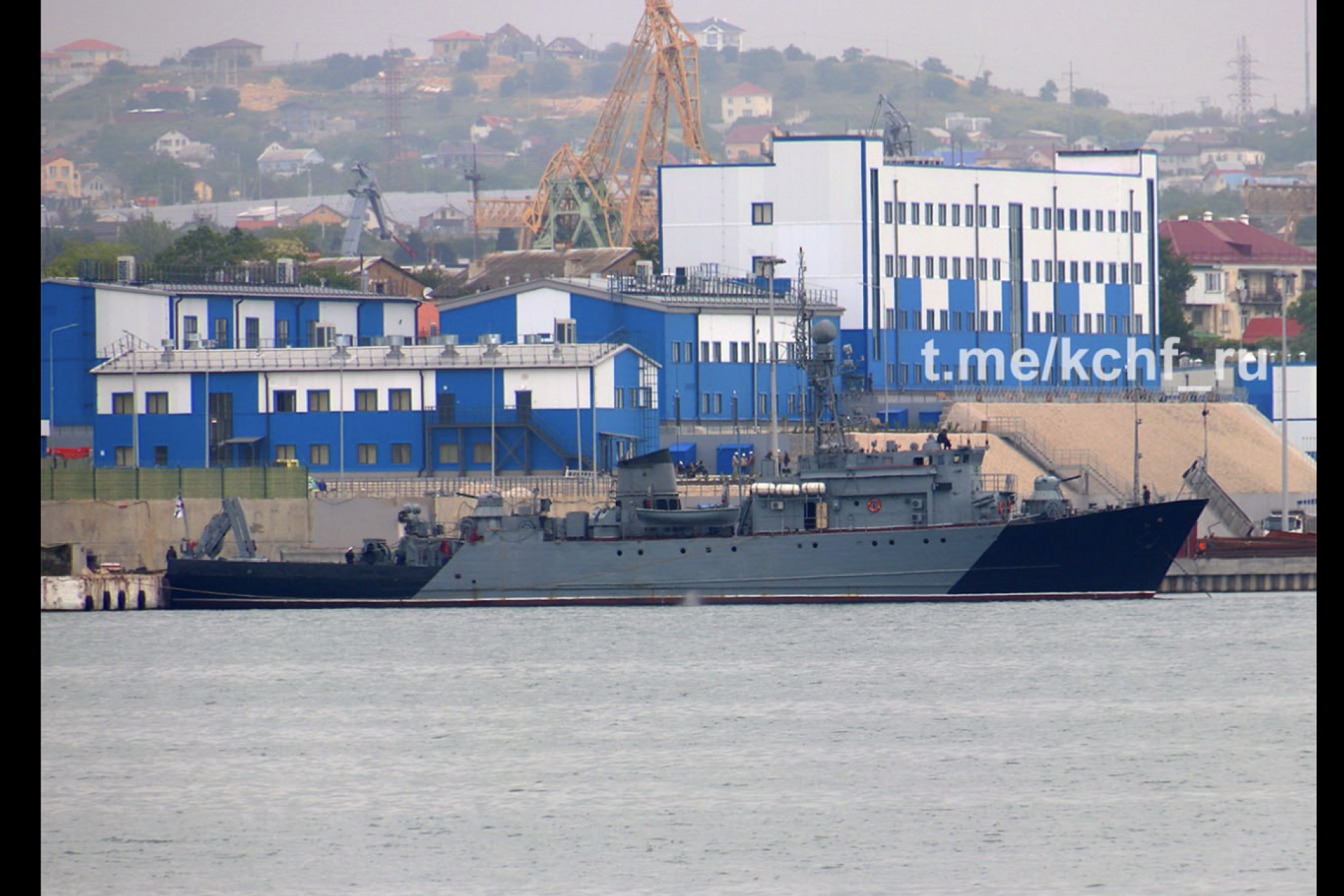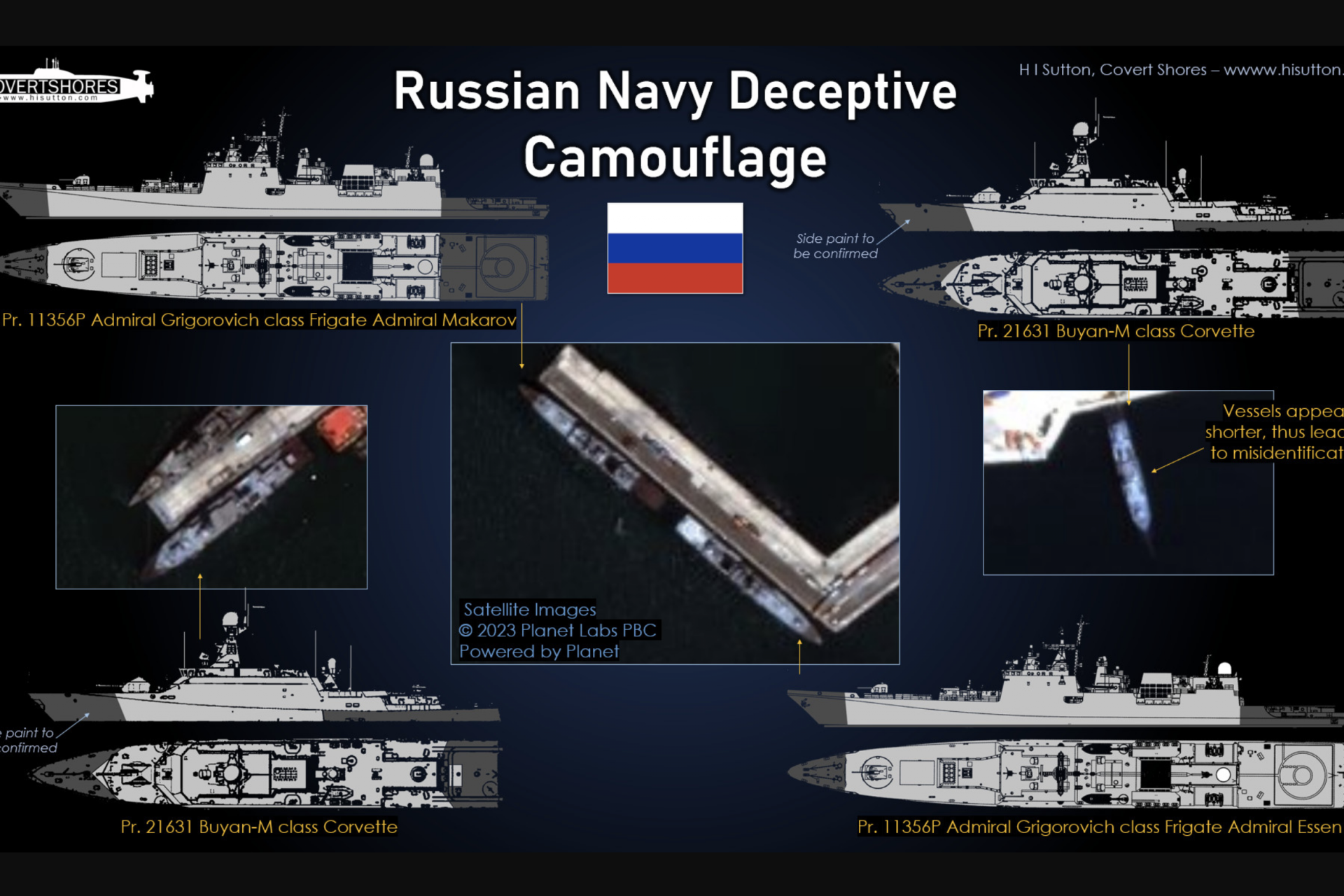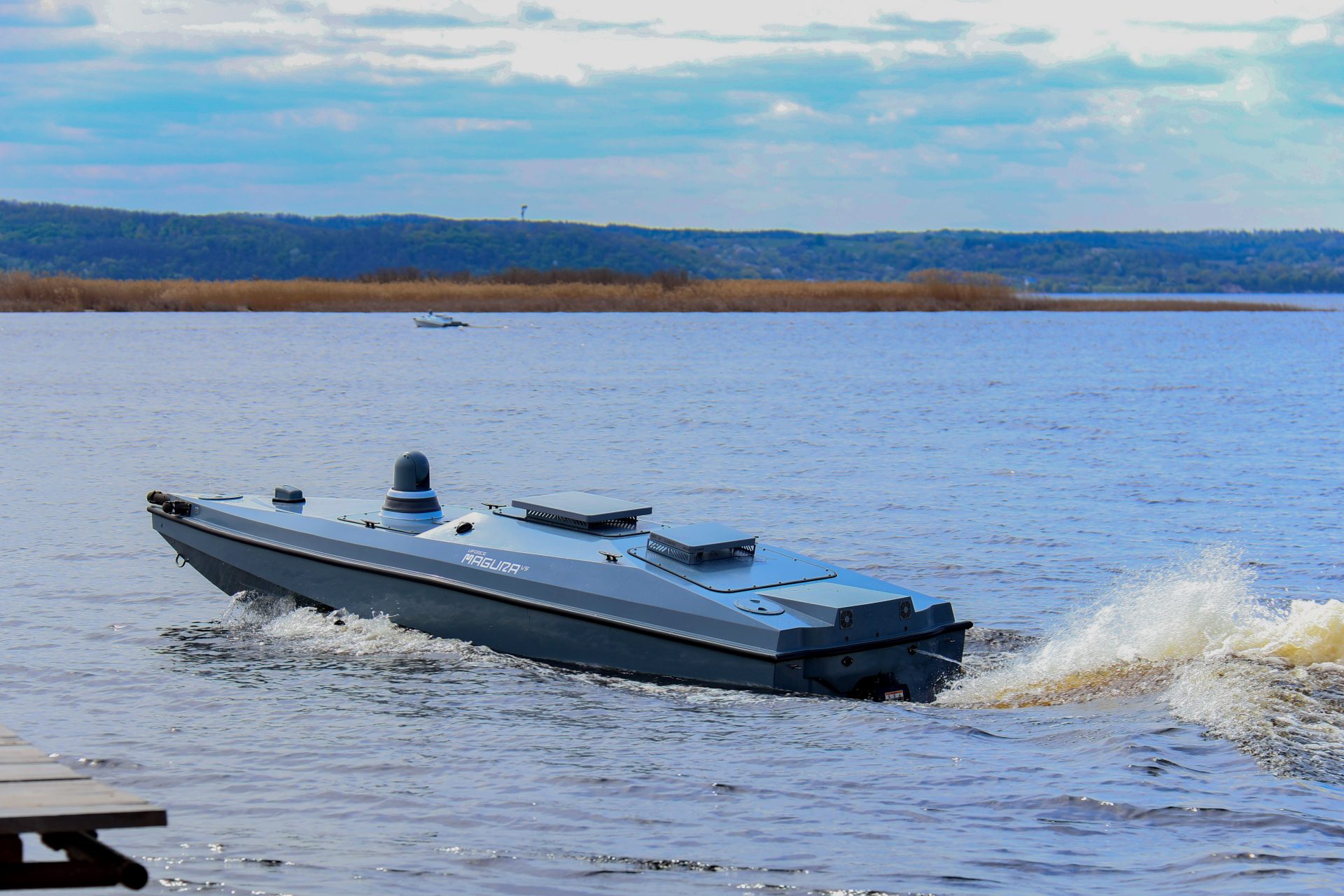Water Wars: Ukraine is using an old naval trick to confuse Russia
The Ukrainian Navy is using a century-old tactic employed by many naval superpowers just before the First World War broke out to confuse enemy soldiers. But will this tactic really confuse Russian troops that encounter Ukrainian ships and patrol boats on waterways close to the frontlines?
On November 28th, 2024, the Ukrainian Navy unveiled the chosen paint scheme for its new class of patrol boats, which, interestingly, resembled a camouflage style used by several countries during the First World War, as reported by Business Insider.
Known as dazzle camouflage, the paint scheme was a hallmark of naval ships before the age of radar back when ships depended on visual sightings and radio signaling to locate enemy ships, which made the unique type of camouflage very important.
“The technique relied on reducing the contrast of the ship when viewed from the surface or the air from its surroundings as well as the contrast of one section of the ship from another,” The U.S. Naval History and Heritage Command explained about dazzle paint.
Photo Credit: Wiki Commons By Unknown Author, Public Domain
Dazzle paint designs included a moderate range of colors or hues meant to confuse enemy ships and post-war research discovered that brightness in contrast often proved to be a more effective technique than any particular color chosen to disguise a ship.
Dazzle camouflage quickly fell out of favor after the end of the First World War but rose again in popularity when the Second World war broke out. New developments in radar technology made the paint scheme obsolete according to Interesting Engineering.
Why Kyiv has chosen to detail Ukraine's new Island-class patrol boats in dazzle paint is unknown but in a demonstration on November 28th for naval experts from Demark, the new paint scheme was seen applied to one boat.
Photo Credit: Facebook @navy.mil.gov.ua
“In the pictures, the boats feature distinctive, jagged patterns in various shades of gray, likely a design approach meant to confuse enemy onlookers,” Business Insider’s Mia Jankowicz wrote before explaining what Ukraine may be trying to achieve.
Photo Credit: Facebook @navy.mil.gov.ua
“The idea is that the differing shapes trick the eye, making it hard to calculate a ship's speed and direction,” Jankowicz continued. “How much of an edge it will really give Ukraine's boats in modern warfare remains to be seen.”
Photo Credit: Facebook @navy.mil.gov.ua
Naval expert at the London-based think tank Royal United Services Institute Sidharth Kaushal told Business Insider that Ukraine's new naval paint scheme does appear to be dazzle camouflage and said that the paint job could be helpful.
Photo Credit: Facebook @navy.mil.gov.ua
Ukraine’s dazzle camouflage could provide its naval patrol boats with some advantage against optical sensors according to Kaushal, but the paint job would do little to protect the boats from “radar-guided threats.”
Interestingly, Ukraine isn’t the only country that recently employed dazzle camouflage to a warship. In 2021, BBC News reported that the Royal Navy ship HMS Tamar was done up in dazzle paint to give it a “distinct identity” before it was deployed on tour.
Russia’s Black Sea Fleet was also given a new type of paint scheme after taking a high number of losses after Vladimir Putin ordered the invasion of Ukraine in February 2022. However, Moscow’s ships weren’t painted in dazzle camouflage schemes.
In June 2023, it was widely reported that Russia's Black Sea Fleet vessels were being painted with dark stripes at either end of the ships in what some analysts claimed was a way to confuse Ukrainian attacks on Russian warships.
Photo Credit: Telegram @kchf_ru
Open-source naval intelligence researcher HI Sutton reported satellite imagery showed that on June 22nd, the Russian frigate Admiral Essen had been painted with these dark stripes. Three more ships were seen with a similar paint job in the days that followed.
Photo Credit: HI Sutton / Covert Shores
Sidharth Kaushal also commented on Russia’s new naval paint jobs at the time and told Insider the new paint schemes were "entirely consistent with the sort of things the state would do to mitigate an uncrewed surface vessel threat."
"It would appear that in this case, the camouflage is primarily geared towards ensuring that at very long distances, a low-quality electro-optical sensor might not distinguish the vessel from background clutter," Kaushal said.
More for you
Top Stories



